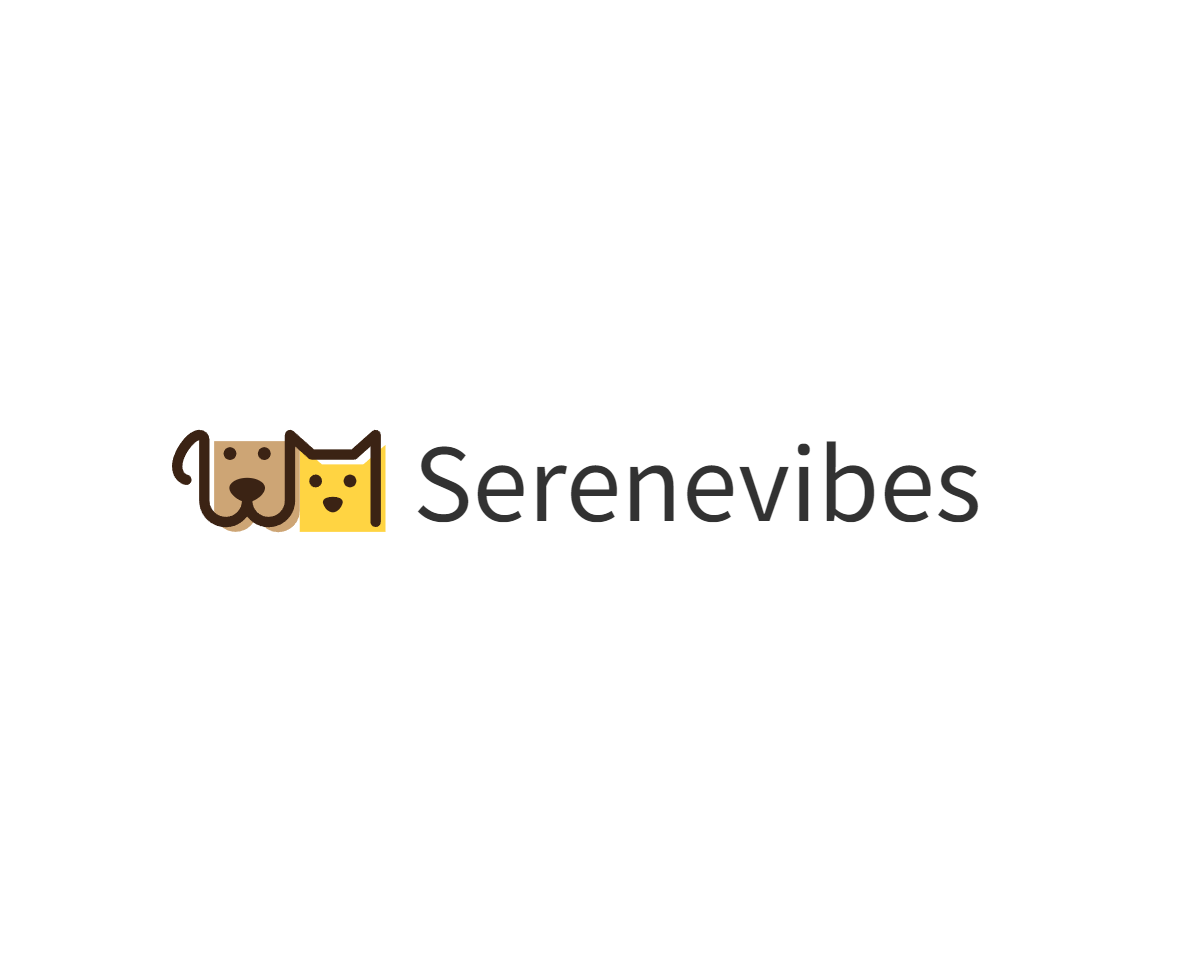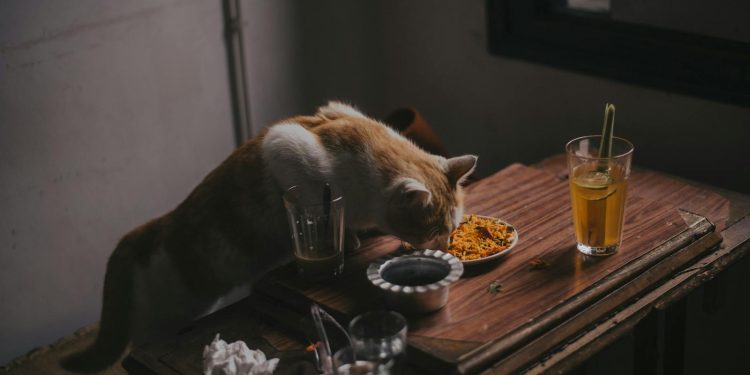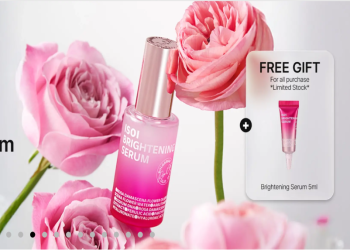Ensuring your cat has a balanced diet is one of the most important responsibilities as a pet owner. Cats are obligate carnivores, which means they require a diet primarily composed of animal protein to thrive. Unlike other animals, cats have specific nutritional requirements that need to be met to maintain their health, prevent disease, and promote a long, happy life. This guide will walk you through the key elements of a balanced diet for your cat, help you understand your cat’s nutritional needs, and provide practical tips to keep your feline friend healthy and happy.
Understanding Your Cat’s Nutritional Needs
Cats have unique dietary requirements compared to other pets like dogs or rabbits. As obligate carnivores, their diet must include animal-based proteins and fats because they cannot produce some essential nutrients on their own. These include certain amino acids, vitamins, and fatty acids that are only found in animal products.
- Protein: Protein is the most crucial part of a cat’s diet. It provides the amino acids needed for muscle maintenance, energy, and overall body function. Unlike omnivores, cats require higher levels of protein to thrive, and a deficiency can lead to muscle wasting and other health problems.
- Taurine: Taurine is an amino acid that is vital for your cat’s heart, vision, and reproductive health. Unlike many other animals, cats cannot synthesize enough taurine on their own, which is why their diet must contain adequate levels of taurine. Taurine is found in animal tissue, especially in meat like chicken, beef, and fish.
- Fats: Fats are another critical component of your cat’s diet. Fats provide energy, assist in the absorption of fat-soluble vitamins, and help maintain healthy skin and a shiny coat. Omega-3 and omega-6 fatty acids, in particular, are essential for your cat’s health, helping reduce inflammation and promoting cardiovascular health.
- Vitamins and Minerals: Vitamins and minerals like vitamin A, vitamin D, calcium, and phosphorus are essential for various bodily functions. Unlike dogs, cats cannot convert beta-carotene into vitamin A, meaning they need a direct source of vitamin A from animal products. Similarly, cats need vitamin D from their diet since they cannot synthesize it from sunlight as effectively as other animals.
- Water: Cats often do not drink enough water on their own, especially if they are on a dry kibble diet. Ensuring your cat is properly hydrated is crucial for kidney function and overall health. Wet food can be an excellent way to boost their water intake, as it contains a higher moisture content compared to dry food.
Choosing Between Wet and Dry Cat Food
Both wet and dry cat food have their benefits, and choosing between them often depends on your cat’s preferences, health status, and lifestyle. Ideally, a combination of both can provide a well-rounded diet that meets all your cat’s nutritional needs.
Wet Cat Food
Wet cat food typically has a higher moisture content, which is beneficial for keeping your cat hydrated. This is particularly important for cats who do not drink much water on their own. Wet food is also often more palatable, making it a great choice for cats that are picky eaters. However, wet food can be more expensive than dry food and requires proper storage once opened to prevent spoilage.
Dry Cat Food
Dry cat food is convenient, easy to store, and can help maintain dental health by reducing plaque buildup. However, dry food has lower moisture content, which may not be ideal for cats prone to urinary tract issues or dehydration. If you opt for dry food, it’s important to ensure your cat has access to fresh water at all times. Dry kibble also tends to be more calorie-dense, which means portion control is key to prevent overeating and weight gain.
Creating a Balanced Meal Plan for Your Cat
To create a balanced diet for your cat, you can choose from commercial pet foods, homemade diets, or a combination of both. Regardless of the option you choose, it’s crucial that all essential nutrients are provided in the correct ratios.
Commercial Cat Food
Commercial cat foods labeled as “complete and balanced” are formulated to meet the nutritional requirements set by pet food regulatory agencies like AAFCO (Association of American Feed Control Officials). This ensures that your cat receives all essential nutrients in appropriate amounts. When choosing commercial cat food, look for high-quality products that list a named protein source (e.g., chicken, beef, or fish) as the first ingredient.
Avoid foods that contain vague terms like “meat by-products” or “animal meal,” as these can be of lower quality. Additionally, steer clear of foods with excessive fillers, artificial preservatives, and additives. A high-quality cat food should provide sufficient protein, healthy fats, and be fortified with the necessary vitamins and minerals.
Homemade Cat Diets
While homemade diets can give you more control over what your cat eats, it can be challenging to ensure that they are nutritionally complete. A homemade diet must include muscle meat, organ meat, bone or bone meal, and sometimes additional supplements to meet all of a cat’s nutritional needs.
If you choose to prepare homemade food for your cat, consult with a veterinary nutritionist to create a recipe that meets all of your cat’s requirements. Improperly balanced homemade diets can lead to serious health problems over time, including deficiencies in taurine, calcium, and other vital nutrients.
Foods to Include in Your Cat’s Diet
- Chicken and Turkey: Lean sources of animal protein that provide essential amino acids.
- Fish (like Salmon or Sardines): A great source of omega-3 fatty acids, which support skin, coat, and joint health.
- Organ Meats: Liver and kidneys are rich in essential vitamins like vitamin A and iron. These should be fed in moderation due to their high nutrient density.
- Eggs: Eggs are an excellent source of protein and nutrients, but always cook them before feeding to avoid salmonella.
- Pumpkin: Pumpkin is a good source of fiber, which can aid digestion and help prevent constipation.
Foods to Avoid Feeding Your Cat
There are several foods that are harmful or toxic to cats, and it’s important to keep these out of their diet:
- Onions and Garlic: Both can damage a cat’s red blood cells and lead to anemia.
- Chocolate: Contains theobromine, which is toxic to cats and can cause vomiting, diarrhea, and even seizures.
- Grapes and Raisins: These can lead to kidney failure in cats.
- Bones: Cooked bones can splinter and cause internal injuries, while raw bones carry a risk of choking and bacterial contamination.
- Alcohol and Caffeine: Both are highly toxic to cats and should never be given to them.
Feeding Schedule and Portion Control
Cats are natural grazers, which means they prefer to eat small amounts throughout the day. Providing several small meals a day or allowing them to graze can help mimic their natural eating behavior. However, portion control is crucial to prevent overeating, particularly for indoor cats who may be less active.
When determining portion sizes, consider your cat’s age, weight, activity level, and health status. It’s always a good idea to consult your veterinarian for specific recommendations tailored to your cat. Use measuring cups to ensure that you’re feeding the right amount, and adjust as necessary to maintain an ideal body weight.
Monitoring Your Cat’s Health
A balanced diet is essential, but it’s also important to monitor your cat’s overall health to ensure they are thriving. Look out for the following signs that indicate your cat is receiving proper nutrition:
- Shiny Coat and Healthy Skin: A healthy diet should result in a soft, shiny coat and skin free from irritation or dryness.
- Consistent Energy Levels: Cats receiving adequate nutrition will be active and playful, without experiencing sudden drops in energy.
- Healthy Weight: Regularly weigh your cat to ensure they are maintaining an ideal body weight. Sudden weight gain or loss should be discussed with your veterinarian.
- Normal Digestion: Firm, well-formed stools and a regular bowel movement schedule indicate that your cat is digesting their food properly.
Working with Your Veterinarian
Your veterinarian is your best resource when it comes to creating a balanced diet for your cat. They can help assess your cat’s health, recommend specific foods or supplements, and guide you in adjusting your cat’s diet as they age or if their health needs change. Regular veterinary check-ups are important for monitoring your cat’s overall health and ensuring they receive the best nutrition possible.
Supplements for Cats
In some cases, supplements may be necessary to meet your cat’s nutritional needs. Omega-3 fatty acids, taurine, and digestive enzymes are common supplements that can benefit many cats. However, supplements should only be given under the guidance of your veterinarian to avoid over-supplementation, which can cause more harm than good.
Feeding your cat a balanced diet that includes high-quality protein, essential vitamins and minerals, and sufficient hydration is key to ensuring their well-being. With careful attention to their nutritional needs and regular veterinary support, you can help your feline friend lead a healthy, happy, and fulfilled life.









Discussion about this post